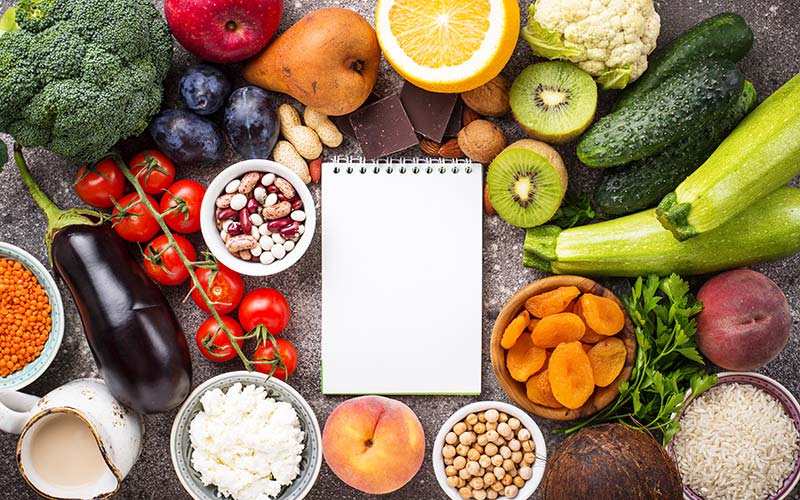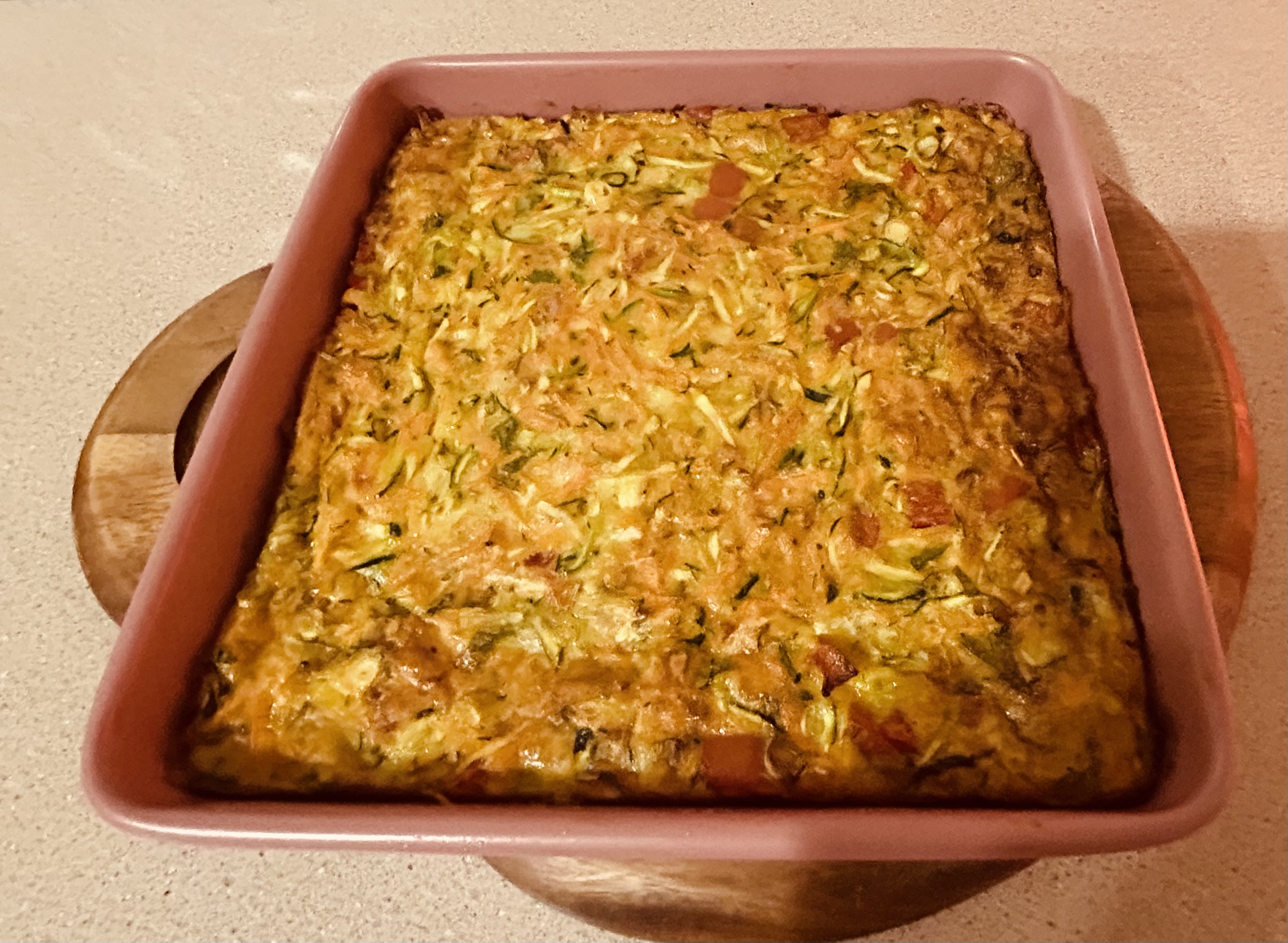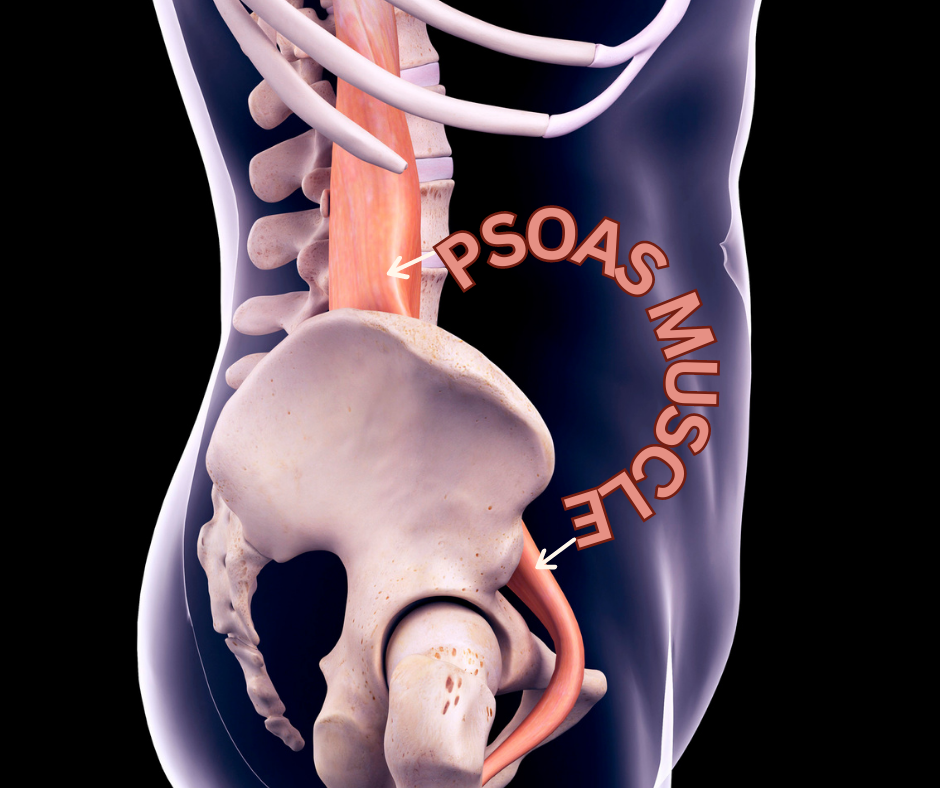Hypoglycemia?
Hypoglycemia simply means low blood sugar. Diabetes is the opposite: high blood sugar, or hyperglycemia. Hypoglycemia was officially “discovered” by Dr. Seale Harris in 1924. The condition was at first called hyperinsulinism, and it was considered to be caused by too much insulin in the blood, Excessive insulin burned more sugar than was necessary and caused an excessive drop in the blood sugar level. In diabetes, too little insulin is produced, which results in too much sugar staying in the bloodstream for too long. In simple terms, an overactive pancreas (where insulin is produced) is blamed for low blood sugar. Some of the reasons why we suffer from a drop in our blood sugar are:
- Imbalances in secretions of hormones by the pituitary and thyroid
- Modern day nutrition and diet is one of the largest causes of low blood sugar.
- Missing meals
- Systematic overeating, especially of refined carbohydrates, and excessive protein
- Excessive use of alcohol, tobacco, and coffee and caffeine-containing soft drinks
- Allergies
- Severe emotional stresses that can cause the rise and fall of blood sugar levels, as well as the over exhaustion of adrenal glands which are so essential to proper sugar metabolism.
Symptoms of Hypoglycemia:
- Low energy
- Headache
- Lightheaded, dizzy and faintness
- Lack of concentration or mental confusion
- Emotionally up and down, irritability crying spells or depression
- Palpitations or rapid heartbeat
- Hot flushes or excessive sweating
- Shaky hands or a internal shaky feeling (tremor)
- Sweet cravings
- Unprovoked anxieties
- Memory lapses
- Blurred vision
- Ringing in the ears
The symptoms above can also be caused by other health problem that is why if you feel you suffer from low blood sugar and you are not getting the results with your treatment of hypoglycemia it is a good idea to visit your doctor and ask can for a glucose tolerance test.
Dietary help for hypoglycemia
- Always have 3 meals and 2 snacks daily
- Cut out all the simple sugars such as biscuits, cakes, confectionery, sugar, jams, honey, soft-drinks, and cordial.
- Make sure you are eating more complex carbohydrates and less of the refined carbohydrates.
- Complex Carbohydrates are Wholemeal bread and grains, brown rice, wholemeal pasta and spaghetti, legumes and beans.
- Keep right away from processed foods and fatty foods.
- No Coffee, and caffeinated drinks such as tea or soft drink
- Make sure you are getting approx 30% protein daily









